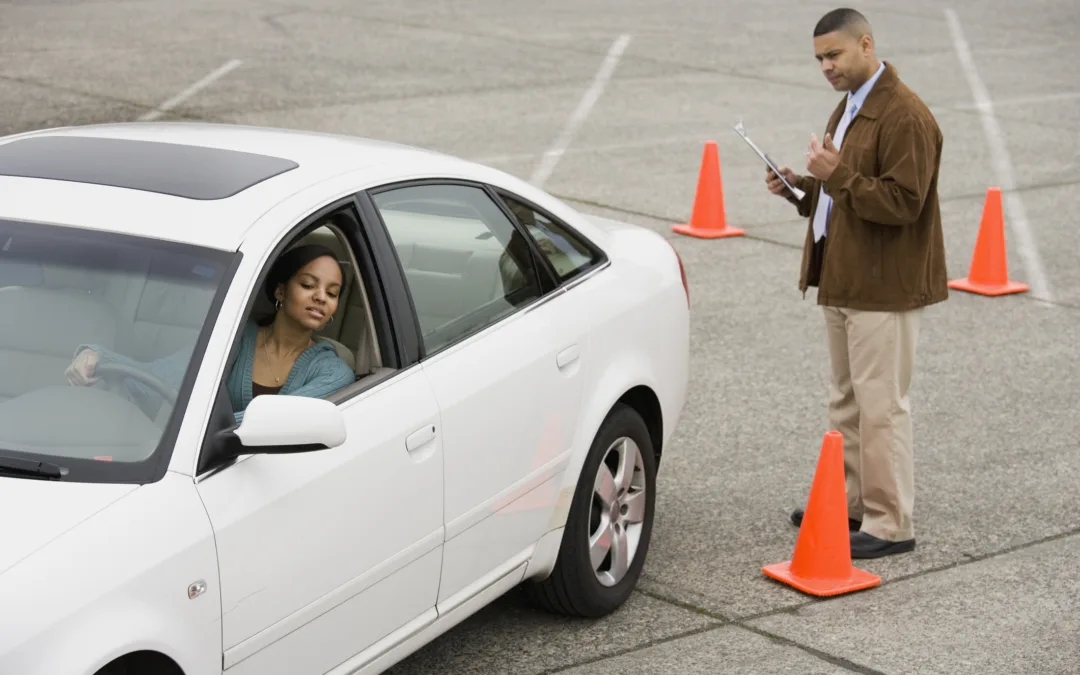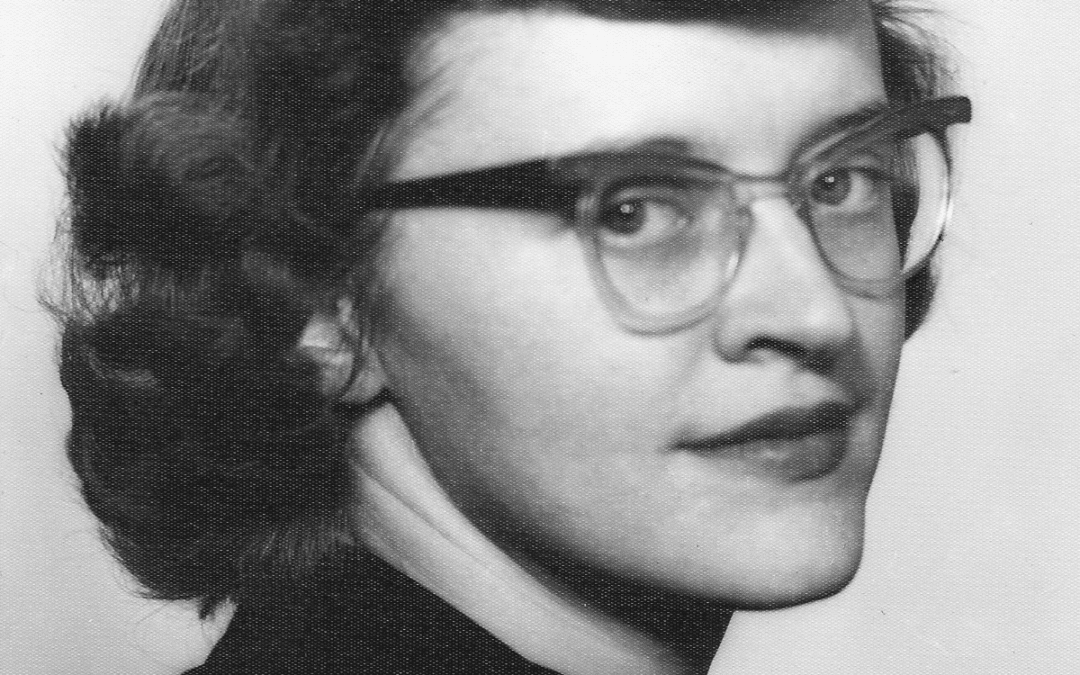
An abortion rights rally at Michigan Capitol in Lansing, 2019. (Rachel Goodhew/ Shutterstock)
Labor, delivery, and abortion-care nurse Ashia George is worried for women who will face dangerous pregnancies and deliveries if Roe v. Wade is overturned by the Supreme Court, resulting in millions of Michiganders losing access to safe abortions.
Need to Know
- Almost 2.2 million women in Michigan could lose abortion rights if the Supreme Court overturns Roe V. Wade as the draft opinion obtained by Politico suggests.
- MDHHS reported nearly one in seven women in Michigan had an induced abortion during 2020, making it the highest recorded number in state since 1996.
- More than two-thirds of Michiganders support the abortion protection rights provided by Roe, according to a WDIV/Detroit News poll in January.
MICHIGAN—Growing up in a very religious household, Ashia George–a nurse in Southeast Michigan– attended a Catholic junior high school. She recalls the school echoing her parents’ perspective on abortion, and showing her class anti-abortion films.
But when she needed an abortion, George took a long look at what she’d been taught about the topic–and what she’d learned about the science behind it.
“It was a very emotional process for me, because I had gone through life thinking that it was a sin or a bad decision,” George said. “However, when I was faced with that decision myself, I realized that it was actually one of the most important things that I’ve ever had access to.”
George was 19 years old when she had her first pregnancy. It was fraught with medical issues, and when she delivered her son, he nearly died from complications during delivery.
“I had a very difficult time healing from that,” she said. “I knew I was not ready to go through another pregnancy.”
A year after her son was born, however, George’s birth control failed and she was pregnant again.
“That moment was when the light bulb went off for me that abortion is really a life-saving and life-sustaining thing,” she said.
On her 21st birthday, George–now in her mid-30s–had an abortion. She recalled being very emotional during the days leading up to her appointment, “just hoping that God would forgive me.”
After it was finished, she described feeling overwhelmingly relieved.
“I felt so light,” she said. “I just felt like this was exactly what I was supposed to do. And that God was not mad at me, God was not going to punish me, that God understood exactly what I was going through in that moment, and that everything was going to be okay.”
Nearly one in four women in the United States (23.7%) will have an abortion by age 45, according to a 2017 analysis by Guttmacher Institute. In 2020, the Michigan Department of Health and Human Services (MDHHS) reported almost 30,000 abortions—a total indicating that nearly one in seven Michigan women of reproductive age had an induced abortion.
As the draft opinion obtained by Politico suggests the Supreme Court will soon decide to overturn 1973’s Roe. v Wade, access to abortion for nearly 2.2 million women in Michigan currently hangs in the balance. If the landmark ruling is overtuned, a dormant 1931 state law criminalizing abortions will kick into effect.
Now a labor, delivery, and abortion-care nurse, Ashia George worries about the women who will face dangerous pregnancies and deliveries, and the impact they can have not just on a woman’s body, but on her life and family.
“I know for a fact that when you make abortion illegal, it does not stop abortion from happening,” she said. “I worry about the people who will try to do it themselves and maybe are not doing it in a safe manner— they could get injured or die. I worry about the children that are not wanted [but] will be forced to be born into this world. Children deserve to be born into this world wanted.”
Women who are shamed for seeking all types of reproductive healthcare frequently experience significant mental and emotional challenges, compared to women who are educated about their options free from judgment.
“We go through this in silence,” George said. “We don’t talk about it and then it festers. Unfortunately, this falls mostly on the women who are seeking abortions, and does not touch the men who are involved—it’s like they’re almost invisible in the whole process. Women do not become pregnant on our own. There [are] two people that it takes to create an unwanted pregnancy. And, it is really sad that the women are forced to get to the terrible end of it, that we have to go through this by ourselves, basically.”
George’s own experience motivated her to help other women in need. Already in nursing school, she soon got a job as medical assistant at an abortion clinic. A decade later, she still works in the same field, in addition to her work as a labor and delivery nurse.
“I am able to see and help women in both ways,” George said. “Whether they want to give birth or if they don’t want to give birth, I am totally there for them. And I believe that they should be able to make their own decisions regarding their reproductive health.”
More than two-thirds of Michiganders support the abortion protection rights provided by Roe, according to a January WDIV/Detroit News poll. This includes those who personally may not choose to get an abortion but believe the decision should be left to a woman in consultation with a medical professional she trusts.
Last month, Gov. Gretchen Whitmer took bold legal action to safeguard abortion rights in the state by filing a lawsuit asking the Michigan Supreme Court to throw out the 1931 state law—considered one of the harshest in the country—and defend abortion access under the state’s constitution.
“For Michiganders, this is settled,” Whitmer wrote in an op-ed for the Detroit Free Press. “As governor, my job is to fight for my constituents’ rights. I am proud to fight for the rights of all women to make the decisions that are best for them about their bodies and their lives.”
Politics

Michigan lawmakers look to break (another) state funding record for public schools
Democratic lawmakers are hashing out plans to bring state funding for Michigan’s public schools to another new, all-time high—and ensure teachers...

Mundy Twp. project gets state funding in effort to boost local manufacturing
More than $9 million awarded to a planned development project in Genesee County could provide a big boost to the local economy and help create...

It’s official: Your boss has to give you time off to recover from childbirth or get an abortion
Originally published by The 19th In what could be a groundbreaking shift in American workplaces, most employees across the country will now have...
Local News

More Michigan teens could soon take driver’s ed in their own schools
Privatization of driver’s education means that only 38 Michigan high schools offer affordable in-school driving classes for students. New grants...

That one time in Michigan: When we became the Wolverine State
How did Michigan become tied to an animal that's practically nonexistent there? Among the many nicknames that the state of Michigan has, arguably...





